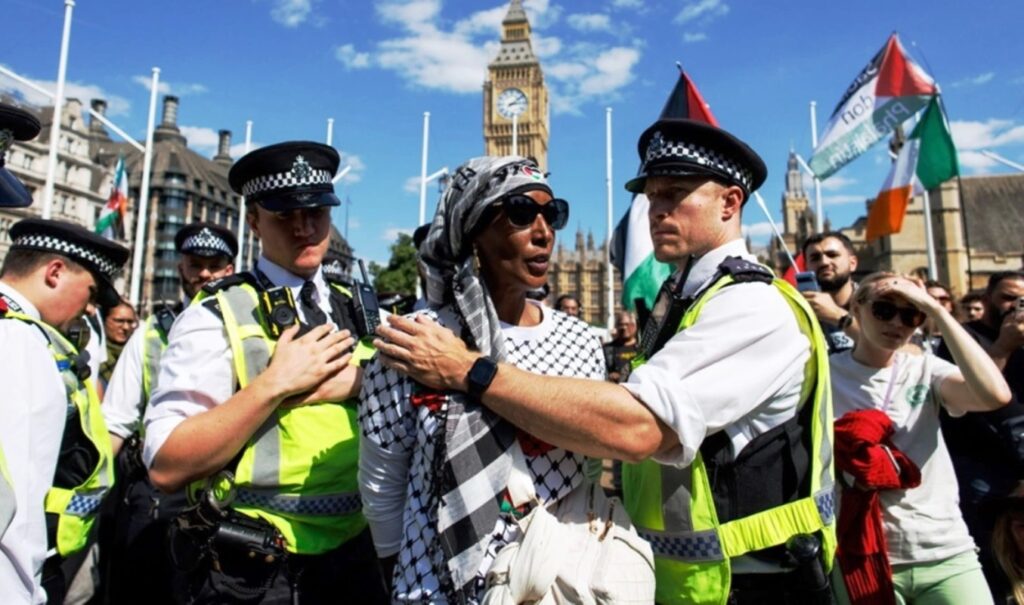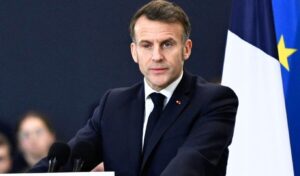A serious scandal is rocking the Metropolitan Police of London, following BBC revelations about racist, misogynistic and Islamophobic behavior by its members. The revelations have already led to the suspension of nine police officers and one staff member, while two others were moved from the front line and one police station was closed.
The BBC’s undercover investigation
The case was exposed following an undercover investigation by a BBC journalist, who worked for seven months as a civilian detention officer in the custody wing of Charing Cross station in central London. During this period, he recorded Met police officers displaying extreme racist and violent behavior toward detainees.
According to the findings, officers suggested “shooting migrants,” boasted about using violence, and showed indifference to rape allegations. Hidden camera footage captured shocking comments, including that a detainee whose visa had expired “deserved a bullet in the head,” while migrants from Algeria and Somalia were called “scum.”
London: Political reaction and Met apology
British Prime Minister Keir Starmer called the revelations “shocking” and demanded Metropolitan Police Chief Mark Rowley provide a “very robust response.”
Rowley himself issued a public apology, describing the behavior as “abhorrent, criminal” and “reprehensible and completely unacceptable.” “I am truly sorry,” he said, referring to a “toxic legacy” plaguing London’s police force.
He also acknowledged “systemic, cultural and administrative failures” but assured that steps toward change have been taken, emphasizing that “the largest anti-corruption operation in British policing history” is underway.
London: The scale of dismissals
The Met chief announced that the team managing detainees at Charing Cross has been disbanded. He also revealed that from 2021 to present, nearly 1,500 officers and staff who “failed to meet standards” have been removed from the force, which numbers approximately 40,000 members.
This scandal intensifies pressure on the Metropolitan Police to restore its credibility during a period when public trust is being severely tested.




